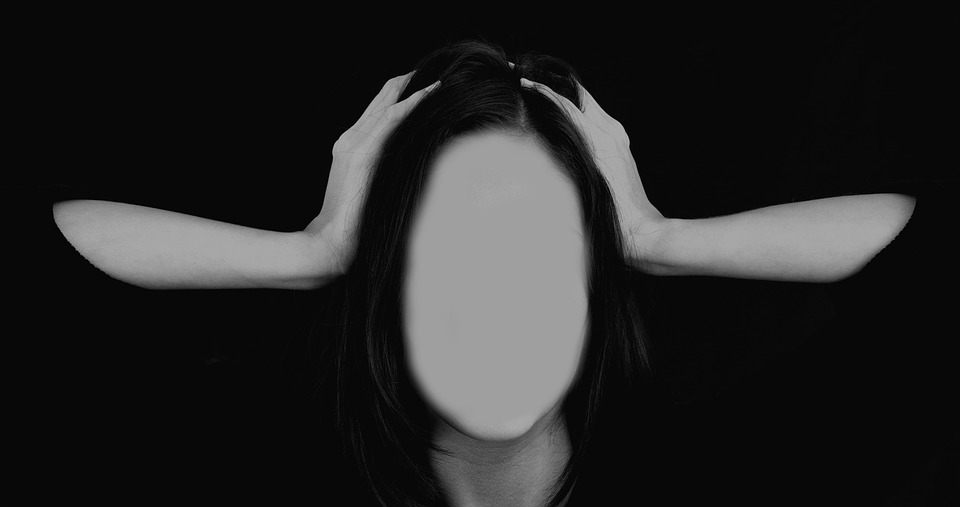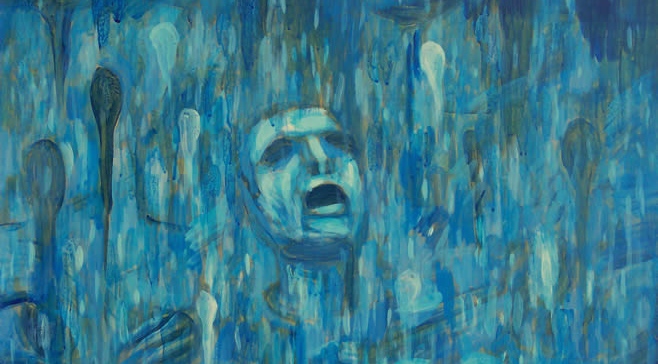In May 2007 Boston University School of Medicine (BUSM) published an article in the Journal of Alternative and Complementary Medicine saying they found MRI imaging showing as few as one yoga session elevated a person’s GABA levels. Now what does that mean to people that don’t have MD’s? GABA is our body’s natural anti-anxiety. Our brain receives signals we are anxious and tries to compensate by releasing GABA and helping us relax. For those who suffer from chronic worrying, social anxiety, OCD, panic attacks, PTSD, generalized anxiety, and even depression GABA is a very helpful neurotransmitter. For those that suffer from addiction it is what Xanax and Klonopin (Benzo’s) release. It is hard for us to know what is truly going on in each person’s brain but we can hypothesize some may be deficient in GABA or maybe their brain cannot release enough to compensate for their level of emotional arousal. Either way they are not getting enough GABA. Interestingly enough GABA is also the primary neurotransmitter that alcohol releases.
I’m sure we have all heard, or said, “I just need a drink to take the edge off.” What they are really saying is, “I just need a drink so I can get some GABA into my body and take the edge off.” GABA helps loosen us up, relax, open up, and stay grounded. In times of stress it is a key factor in helping stay balanced. A phrase I learned from a great psychiatrist, Dr. Claude Arnett, is most addicts (including alcohol addiction) have a “low stress tolerance”; meaning they struggle dealing with stress. Every emotion, even the positive ones, can be sources of stress. Specifically in my practice a majority of the alcoholics I work with carry around anxiety, fear, worry, insecurity, and restlessness and they turn to alcohol to provide the GABA to help them not feel. Unfortunately though this only makes matters worse.
Alcohol actually beats up on the GABA system, draining it and flooding us to give us a potent release of the chemical. If this is repeated over time the brain actually becomes depleted of GABA; and if this time of heavy drinking is done at a young age while the brain is still developing then it can possibly impact the brain permanently. So the vicious cycle for most alcoholics is they drink to feel better, which depletes them so they feel bad (emotionally & neurologically), so they drink to feel better, and so on, and so on. By the time people enter into recovery is it any wonder why they might have depression or anxiety? If they didn’t have it before they most certainly do now. So what do we do about it?
Some doctors are quick to go to medication, and medication has its place but many people in recovery come from a history of being wrongly diagnosed, over medicated, under medicated, and passed around. It is important to note however, not all fault falls on the professionals; addicts are notorious liars about their amount of substance abuse, making it difficult to understand what is going on with them. Needless to say, many people in recovery are skeptical of medication. So that leaves alternative ways helping activate the same parts of the brain that they like beating up.
Now you can see why the finding by BUSM is so significant for people in recovery. Alcoholics can not only activate but elevate the exact same neurotransmitter that they love accessing though alcohol. Alcohol beats up on their GABA system making it worse, in turn creating or exasperating a GABA deficiency, and yoga is scientifically proven to elevate GABA. Not only does it elevate it but it does so without all the negative side effects of alcohol. You can’t get a DUI from yoga!
Now some of you might be reading this fighting the idea of yoga. Be open, there are many different types and many different levels. See what works for you. Ask yourself what lengths you went to get intoxicated? Is yoga anywhere near some of those lengths? Probably not. There are also usually many deals online for discounts and many studios offer reduced fees and incentives for first timers. I challenge you to do a month of yoga, 1-3 times a week, and see how you feel.
Curtis Buzanski, LMFT, LAADC






